
Landline: 0191 645 6455
Mobile: 07988 453 919
Office Hours
| Monday | Closed | ||
| Tuesday | 09:30 | - | 17:30 |
| Wednesday | 09:30 | - | 17:30 |
| Thursday | 09:30 | - | 17:30 |
| Friday | 09:30 | - | 17:00 |
| Saturday | Closed | ||
| Sunday | Closed |
Cleaning Hours May Differ
Rose Clean
Unit 1A
Stadium Industrial Park
Gateshead
Tyne & Wear
NE10 0XF
Wheelie Bins Pests
Did you know that your bin is an excellent breeding ground for bacteria and rapidly become a health hazard right outside your home or business. Therefore it is vital that your wheelie bin is kept clean!
Some of the common bacteria found in Wheelie Bins are:
| Aspergillus Fungus | Escherichia coli | Salmonella | Micrococcus |
| Staphylococcus | Bacillus | Pseudomonas | Listeria monocytogenes |
| Clostridium botulinum | Campylobacter | Norovirus | Clostridium perfringens |
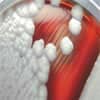

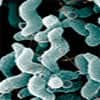
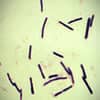

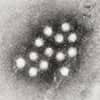
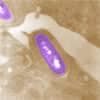


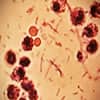
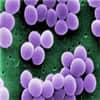

A dirty wheelie bin can attract:
| Ants | Bees | Birds | Cats |
| Dogs | Flies | Foxes | Maggots |
| Mice | Rats | Wasps |
Rats In My Bin Wheelie Bin ?
Rats are one of the most destructive pests known to man. Rats are also the known source of numerous diseases which can afflict humans and domestic animals.
Rats will contaminate food and will cause extensive damage to buildings and equipment in homes, warehouses, granaries, restaurants and bakeries, anywhere food is handled or stored.
.jpg)
.jpg)
.jpg)
Maggots In My Bin Wheelie Bin ?
Maggots at the bottom of the bin. The bin men can empty the contents of two weeks worth of rancid and rotting remnants; the decay accelerated by a few rare days of high temperatures. Wriggling around at the bottom amongst some sticky waste and the remnants of goodness knows what lay a dozen or so maggots.
Maggots hatch from 8-24 hours according to the temperature and feed on the organic matter in which it finds itself. In temperatures of 25°C a house fly can complete the lifecycle in 16 days, less if the temperatures are higher. In laboratory conditions flies can hatch from an egg and fly off within a week.
Flies don’t look after their eggs but will choose to lay their eggs where they will have plenty to eat when they hatch. Flies can lay 100-150 eggs at a time in organic waste, faeces or exposed foods. Or flies may creep into your kitchen bin and deposit eggs on the sly.
In hot weather the core temperature of the bin is high and could become a breeding ground so make sure you keep the lid closed at all times. Flies are attracted to strong smells so clean and disinfect it regularly after the bin has been emptied.
Experiments in which flies have been allowed to walk over culture media in sterile dishes have resulted in the growth of over 100 bacterial and fungal colonies from bacteria and fungal spores which the fly deposited